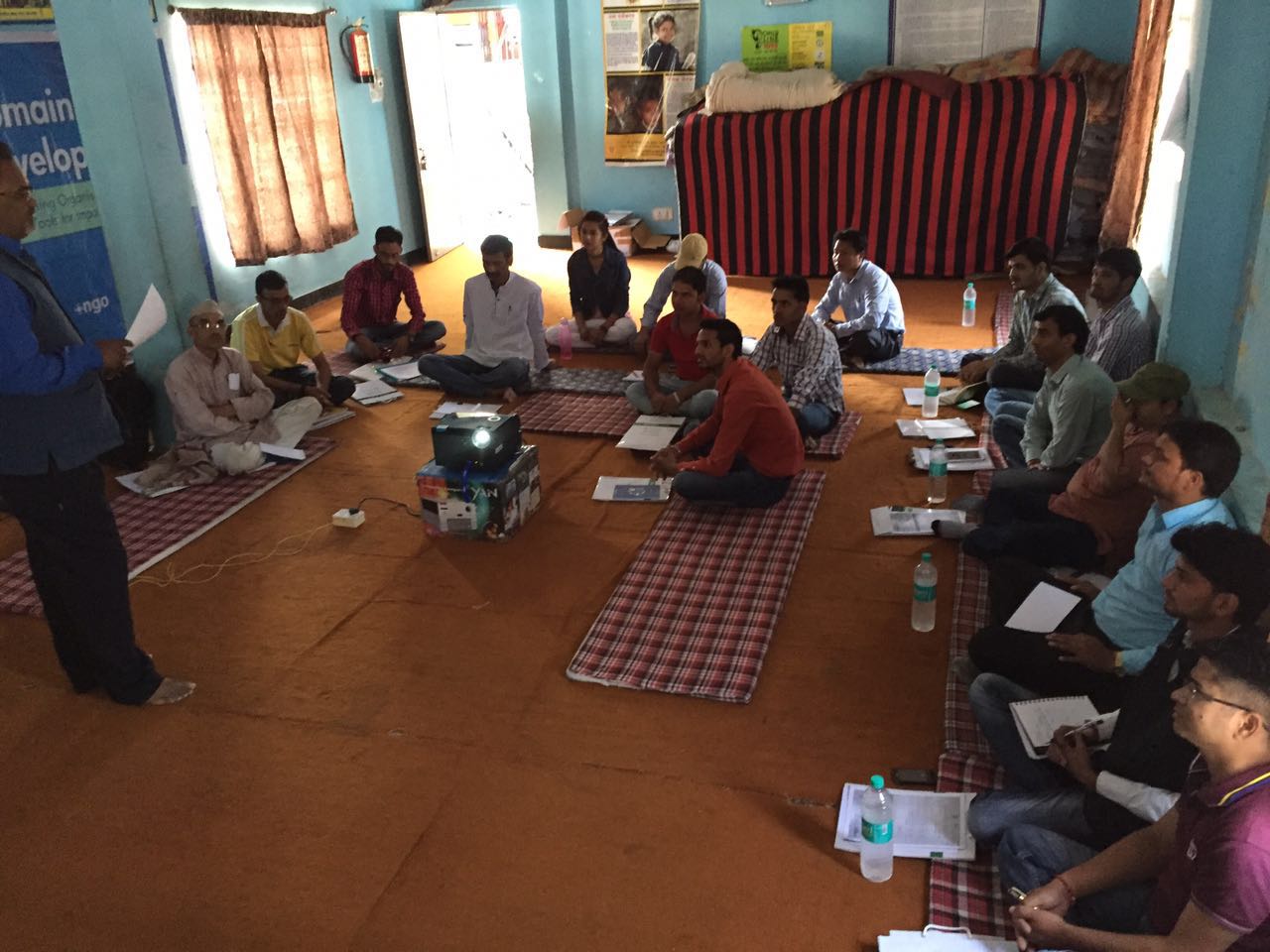 An ICT capacity building workshop for grassroots organisations was held in Uttarkashi, Uttarakhand, on October 10, 2016. Organised with the support of Mission for Anath Development & Welfare Society, the workshop saw participation of 25 organisations that learnt about ICT and digital tools, digital content creation and crowdfunding. The aim of the workshop was to make the participants aware of digital tools and their use for greater visibility and promotion. A month later, ICANN in partnership with eNGO conducted a workshop for NGOs in in Hyderabad to understand the ‘Role of Civil Society in Internet Governance’.
An ICT capacity building workshop for grassroots organisations was held in Uttarkashi, Uttarakhand, on October 10, 2016. Organised with the support of Mission for Anath Development & Welfare Society, the workshop saw participation of 25 organisations that learnt about ICT and digital tools, digital content creation and crowdfunding. The aim of the workshop was to make the participants aware of digital tools and their use for greater visibility and promotion. A month later, ICANN in partnership with eNGO conducted a workshop for NGOs in in Hyderabad to understand the ‘Role of Civil Society in Internet Governance’.
Around 45 non-profits participated in the workshop, which was organised on November 9, 2016, where they were oriented towards the various digital techniques they can use to overcome day-to-day operational difficulties. It was a participatory and collaborative workshop where emphasis was laid on finding solutions to small – and big – problems that people face on the Internet. CEO of Open Knowledge Community Rajen Varada addressed the issue of sensitisation of the grassroots organisations towards Internet governance while and Rubina Mazhar from SAFA spoke to the participants about NGOs marketing on the Internet. It was evident through eNGO continuous efforts that the achievements and success of NGOs in various fields is no doubt a tremendous task that has helped meet the changing needs of the social system. However, the NGOs are facing a myriad of problems, which differ from organisation to organization and region to region. The workshops were, therefore, really helpful in addressing those concerns and finding the remedies.
More recently, weavers and artisans of Varanasi learnt the importance of going digital in a capacity building training organised by All India Artisans and Craftworkers Welfare Association (AIACA) on December 1, 2016. The eNGO team participated as digital knowledge partner and trained around 50 weavers and artisans in using digital tools and techniques — including WhatsApp — for marketing and selling of products.
Several such workshops were organised through the 2016. In fact, the eNGO programme has trained around 1,000 NGO representatives this year in digital tools like social media, website creation, crowdfunding. The team has also brought around 500 NGOs online through a validated digital identity.
In 2017, eNGO envisions to wider its horizon by enabling and empowering as many grassroots organisations as possible and in all respects. This means that the eNGO Programme will no longer be confined to NGOs that are using digital tools for empowerment. From 2017, eNGO also intends to bring India’s panchayats under its digital umbrella, empowering them to incorporate digital tools in their system.








